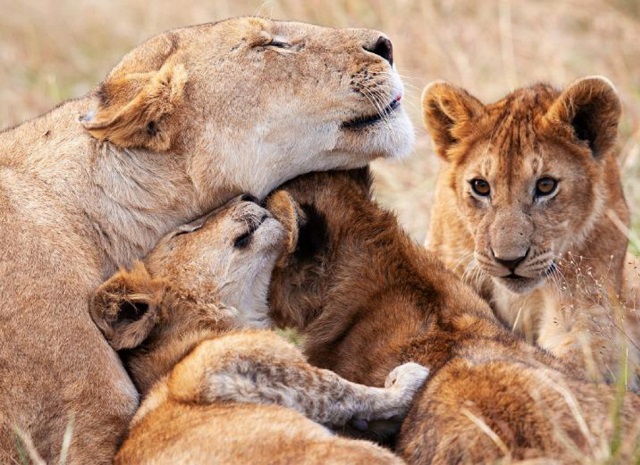
KAMPALA, UGANDA | Xinhua | Uganda has been moving to use digital technology to boost efforts in wildlife conservation which has yielded sound results, a senior official said Tuesday.
“Digital technology has significantly transformed traditional wildlife conservation strategies. While we cope with human-induced conservation challenges, digital innovations such as drones, satellite tracking, DNA barcoding, and social media have become critically relevant to the contemporary practice of wildlife conservation,” Minister of Tourism, Wildlife and Antiquities Tom Butime said in Kampala, the capital of Uganda.
The minister said these technologies have improved the understanding of wildlife behavior, tracking illegal wildlife trade and trafficking, predicting biodiversity threats, and informing effective conservation strategies.
“As we acknowledge their pivotal role, it is essential to ensure seamless synergies and transdisciplinary collaboration with all stakeholders for the digital transformation of wildlife,” the minister said.
He made the remarks ahead of the 2024 World Wildlife Day commemoration, which will be held on March 3 under the theme, “Connecting People and Planet: Exploring Digital Innovation in Wildlife Conservation.”
Butime said the commemoration will focus on raising awareness about the application of digital technologies and interventions to promote wildlife conservation and sharing emerging positive impacts on ecosystems and livelihoods in Uganda.
“The celebrations will highlight new technological tools and related developments to complement Uganda’s efforts in safeguarding biodiversity and harnessing benefits from wild animals and plants,” the minister said.
Butime said current conservation efforts are yielding positive results, with animal populations on a steady recovery. He said between 1983 and 2021, buffalo numbers increased from 25,000 to 44,163, elephant numbers rose from 2,000 to 7,975, and giraffes increased from 350 to 2,072. Similarly, the number of mountain gorillas has increased from 320 to 459 between 1999 and 2022.
“More efforts are required to halt threats such as poaching, retaliatory killings, deforestation, and encroachment on wildlife habitats. Some of these threats continue to affect keystone species such as chimpanzees and lions,” the minister said. ■
 The Independent Uganda: You get the Truth we Pay the Price
The Independent Uganda: You get the Truth we Pay the Price


